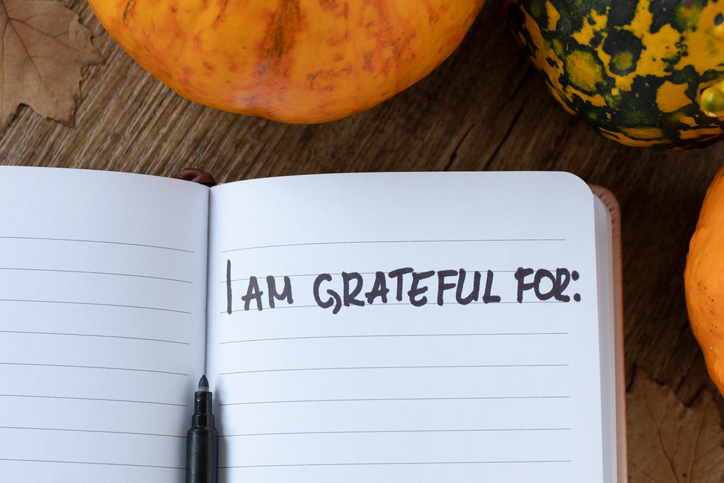Joy. Gratitude. Contentment. These words often seem alien to modern life in America.
“Discontentment” is a multibillion-dollar industry.
“Advertisers get discontentment,” writes Annie Leigh Edwards for The Grit and Grace Project, an online magazine and podcast.
If I had … if I could … if I was … are like sand in our eyes, an irritant, and a distraction.
In his book, “Essentialism: The Disciplined Pursuit of Doing Less,” Greg McKeown writes, “Our whole society has become consumed by the undisciplined pursuit of more.”
He pointedly adds, “We are facing an unholy alliance between social media, smartphones, and consumerism.”
How to begin a disciplined pursuit? Develop a solid financial plan. Think through your current and future expenses.
Note: Plan for a long life.
In 1930, the average life expectancy was about 59 years; today it is almost 80. Think about how much you want to leave to your heirs, but expect that your goals and financial circumstances will change over time. Account for expected and unexpected expenses such as health care surprises and long-term care.
Talk with your spouse about what is most satisfying and fulfilling in your lives. For example, you may place a high value on helping your children and grandchildren, by contributing to a college fund or a down payment on a first home purchase. You may feel joy in sponsoring a family vacation for multiple generations. Or, you may really have an internal focus for your finances, for example, to own a cabin in the Smokies, or to pursue a new hobby. The key is to rank your financial priorities.
“Life is not an all-you-can-eat buffet. It’s amazingly great food. Essentialism is about finding the right food. More and more is valueless,” McKeown says.
Learning to be grateful and content may be a path to peacefulness. Marie Kondo, a successful Japanese home organizer and now a popular author and Netflix star in the U.S., sometimes asks a homeowner to offer thanks to their home for the shelter it provides.
It is an expression of gratitude for a home, not the perfect home. Similarly, my sister especially appreciates Kondo’s practice of “thanking” an item before discarding it.
Joy. Gratitude. Contentment.
In his December eulogy of his father, George W. Bush quoted H.W.’s inaugural address: “We cannot hope to only leave our children a bigger car, a bigger bank account. We must hope to give them a sense of what it means to be a loyal friend, a loving parent. A citizen who leaves his home, his neighborhood, and town better than he found it.”



